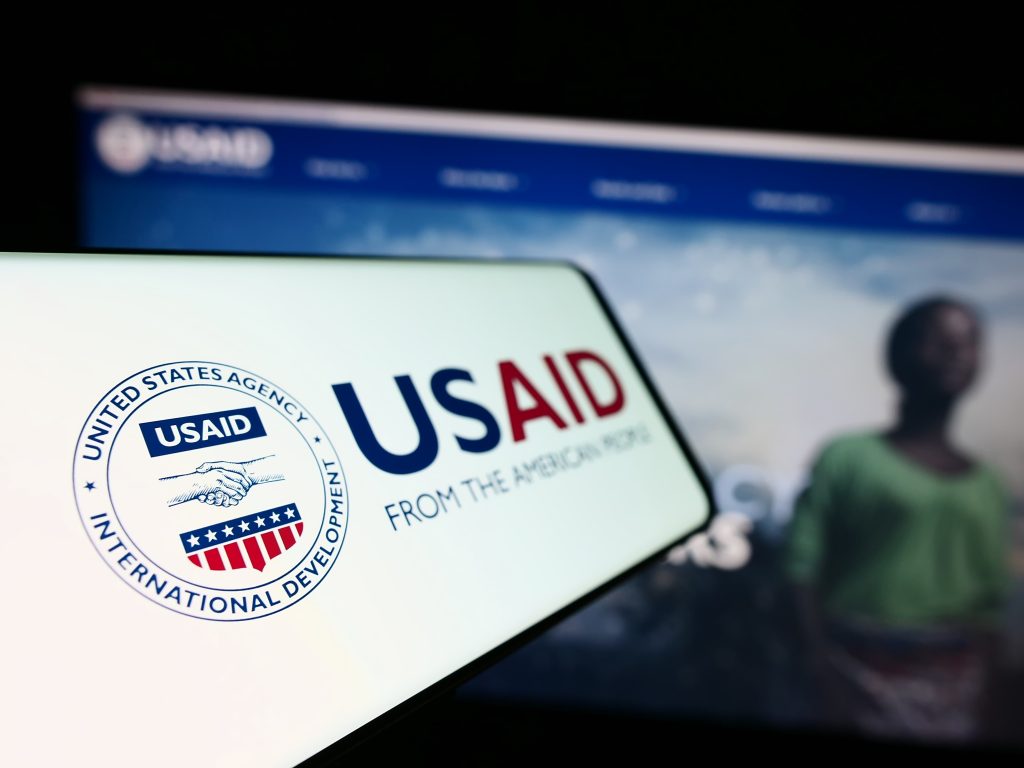The world is facing a serious problem as the U.S. freezes foreign aid. Experts in global health are worried about the impact this will have. The freeze targets the U.S. Agency for International Development (USAID), an agency that helps people around the world. USAID sends billions of dollars each year to improve health, education, and living conditions in many countries.
President Donald Trump’s administration has decided to cut USAID’s staff and freeze most aid programs. The freeze will last for 90 days while the government reviews which programs fit with the president’s “America First” agenda. Trump has long criticized overseas spending, calling it wasteful. But many experts say these cuts could hurt vulnerable people around the world.
Global Health at Risk
USAID funds many programs that are essential to global health. These include programs to fight diseases like tuberculosis (TB) and HIV. The freeze has already caused confusion for the organizations that rely on U.S. funding. These groups provide crucial care and treatment, but they are now struggling to operate without funds.
Dr. Tom Wingfield, an expert on TB at the Liverpool School of Tropical Medicine, spoke about the danger of these cuts. He said diseases like TB do not stop at borders. If funding for TB treatment is stopped, the disease could spread. TB kills 1.3 million people each year, and many more are infected. Without proper care, the disease could spread even faster.
The freeze also affects HIV treatment. Many NGOs provide medicines to control the virus. These medicines help stop the spread of HIV. But if these treatments stop, the virus could become harder to control. Dr. Wingfield warned that disruptions could undo years of progress.
Impact on Vulnerable People
The freeze is hitting the most vulnerable people the hardest. Frontline AIDS, a group that works in over 100 countries, says 20 of its partners are affected. These groups provide life-saving HIV care. Some organizations have had to stop their work or lay off staff.
In Uganda, one organization warned it would run out of critical supplies like HIV testing kits and TB medicines in just a month. In South Africa, many HIV programs have stopped, including those offering emergency care for women who have been raped. This is creating chaos in communities.
John Plastow, the leader of Frontline AIDS, said the freeze is “catastrophic.” Many people are confused and angry. Trust in the U.S. is being damaged, and that trust is hard to rebuild.
Global Health in Danger
USAID gives 40% of the world’s development aid. This includes money for health programs, education, and economic development. But the freeze could have a long-lasting effect, especially on health programs. Without these funds, diseases that were under control could come back.
Prof. Rosa Freedman, an expert at the University of Reading, warned that diseases like cholera and malaria could spread again. If USAID cuts funding for vaccines and treatments, the world could face a new health crisis. These diseases could quickly spread across borders, affecting many countries.
In the meantime, researchers are also concerned. USAID funds many clinical trials that test new medicines. Prof. Thomas Jaki, a researcher at the University of Cambridge, said that the freeze could delay important trials for diseases like malaria and HIV. These delays could cost years of progress and hurt people who need treatment.
As the freeze continues, health experts and organizations are calling on the U.S. to restore funding. The world cannot afford to lose progress in fighting diseases like TB and HIV. The U.S. plays an important role in global health. If the freeze becomes permanent, it could hurt millions of people.
The situation is still developing. We will continue to follow the story as it unfolds. For more updates, visit Coleman News.


